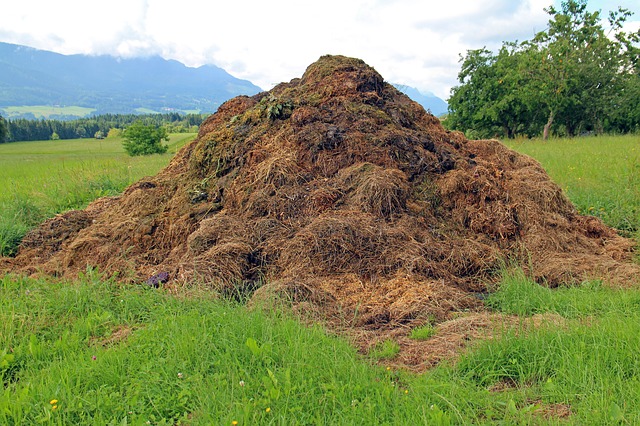In a recent development by the joint collaboration of the Indian Institute of Technology Hyderabad (IIT-H) and Kalinga Institute of Industrial Technology (KIIT) School of Architecture, Bhubhaneshwar, researchers have synthesized new ‘bio-bricks’ which are made of bio-degradable agriculture left-over and waste. This would include haystacks, wheat straws, animal dungs, and bagasse.
As per the reports, India releases more than 20% of its Carbon dioxide produced in the building and construction of homes and buildings. By using bio-bricks, the pollution problem gets curbed easily. Although it can’t support heavy load buildings, it would really help in building houses, especially in rural India.
Normally for construction, the clay bricks are used. In making those clay bricks, it consumes a lot of the fertile soil of the land and produces a lot of Carbon dioxide as its by-product. Synthesis of bio-bricks emits no Carbon dioxide as such.
Bio-bricks a major development against climate change
Generally, the waste produced in the agricultural is burnt, with farmers having no other ways to treat it. The burning of these wastes produces a lot of emissions. The bio-bricks, on the other hand, absorb a lot of CO2 to help the environment and the climate.
The research team used sugarcane waste to develop bio-bricks. Processed sugarcane waste goes into the slurry tank with lime and a homogenous mixture is prepared. This mixture, further, gets into the bricks molds. Within a day or two, with natural drying, the bricks get ready. 0.9 kg of waste can build a single block. This gives the idea of how much waste can be reused and recycled.
Bio-bricks entrap the CO2, which helps in the insulation of the house and keeps a steady humidity percentage in the house. This would especially help in humid climatic countries.
Bio-brick inventors Priyabrata Rautray (IIT-H) and Avik Roy (KIIT) received a special recognition award for their contribution to sustainable housing in the Rural Innovators Start-Up Conclave 2019.







